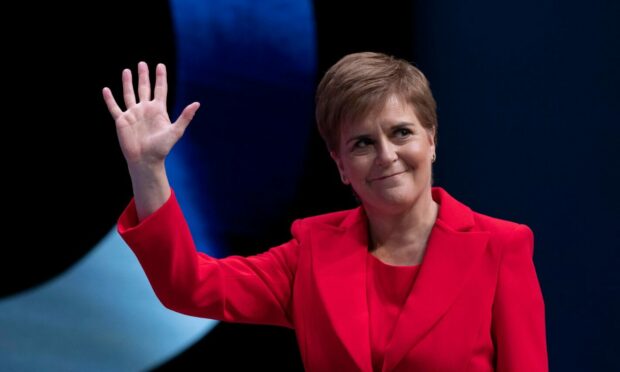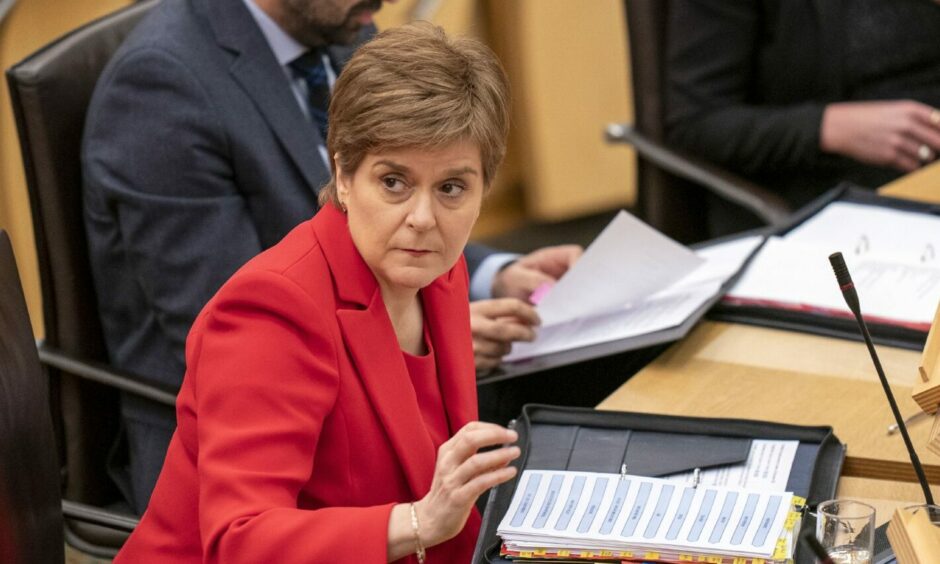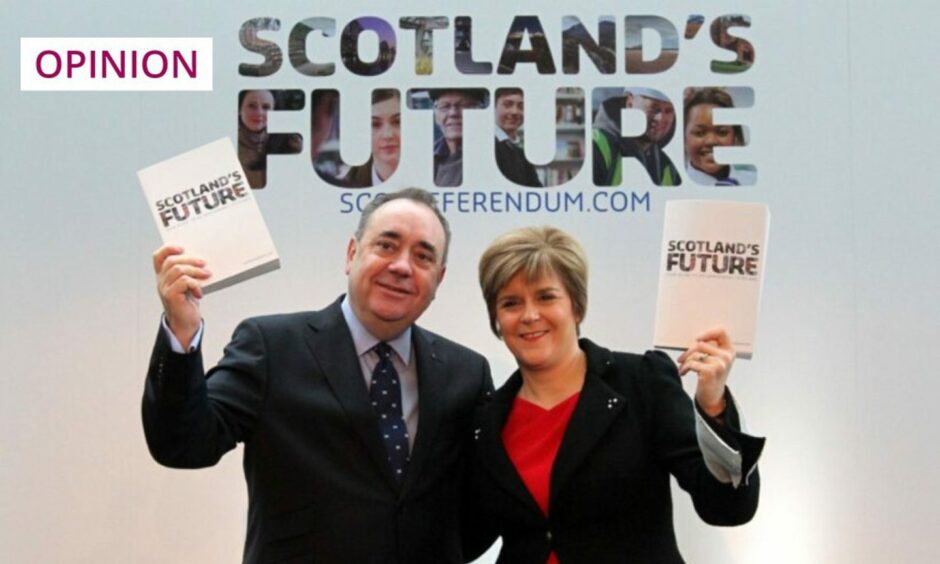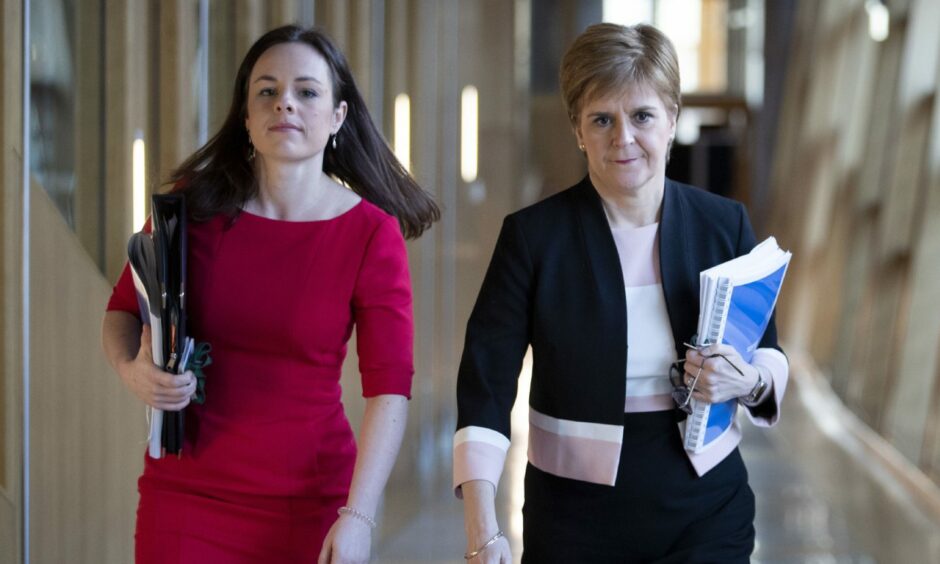Nicola Sturgeon stunned Scotland as she confirmed her resignation as first minister after more than eight years in power.
In a shock announcement at Bute House, the SNP leader revealed her intention to stand down once a successor has been chosen.
Addressing the nation, the outgoing first minister said the intensity of the role had taken its toll on her and denied she was exiting due to “short-term” policy struggles.
She said: “Since my very first moments in the job I have believed a part of serving well would be to know almost instinctively when the time is right to make way for someone else.
“In my head and in my heart I know that time is now. That it’s right for me, for my party and my country.”
Her shock exit marks the end of an era for Scotland’s political landscape and will prompt major questions over where the SNP go next in their pursuit of independence.
Ms Sturgeon is the longest-serving first minister since taking over in 2014 and is the first woman to have held the role.
During her stint in power, the departing SNP chief led her party to record successes at Westminster and won two Holyrood elections.
Her leadership was thrust into the spotlight in 2020 when the Covid pandemic struck, and she had a high-profile falling out with her predecessor Alex Salmond.
What next fror independence?
Despite her success at the ballot box, Ms Sturgeon was unable to deliver a second independence referendum while in power.
The SNP chief’s preferred method of pursuing a fresh vote on leaving the union was to turn the next UK election into a vote on independence alone.
However, she admitted it would be unfair for her to sway the party’s choice on the best path forward when she had doubts over continuing in her post.
The first minister said: “My view as leader would carry enormous, probably decisive weight, when our conference meets next month.
“I cannot in good conscience ask the party to choose an option based on my judgement while not being convinced that I would be there as leader to see it through.”
Ms Sturgeon’s predecessor Mr Salmond warned she would leave office with “no clear strategy for independence”.
But despite the rift between them, he said he “feels for her personally” having been in the same position when he stepped down.
Ms Sturgeon admitted during her resignation speech she had become a divisive figure for many, and admitted the SNP may struggle to win over unionists while she remains in charge.
The first minister also revealed the funeral of longtime Aberdeenshire independence activist Allan Angus had influenced her decision.
Who will be the next SNP leader?
Already attention is turning to who is expected to succeed the first minister in the top job.
Finance chief Kate Forbes, Deputy First Minister John Swinney, and ex-Westminster chief Angus Robertson are among the frontrunners.
But from the ongoing NHS crisis to wider policymaking struggles and the fight for a referendum, whoever takes over is expected to have a tough job on their hands.
Ms Sturgeon expressed no preference for who she wants to be handed the keys to Bute House next.
Polling from before she quit indicated voters were unsure who should follow her as SNP chief.
The first minister said serving in the top post had been a “privilege beyond measure” and claimed the job was the “best in the world”.
She admitted the role had grown relentlessly tough due to always being on-duty, and said she was a “human being as well as a politician”.
Ms Sturgeon said she remains devoted to campaigning for independence and she will continue on as a Glasgow MSP.
Her husband, Peter Murrell, is set to stay on as the SNP’s chief executive.
‘Outstanding leadership’
Deputy First Minister Mr Swinney said: “I am very sorry Nicola Sturgeon has decided to step down. She has given outstanding leadership to our country, government and party.”
SNP Westminster chief Stephen Flynn said: “Nicola has been an inspiration to myself and countless others for so long.
“A formidable leader and dedicated public servant, unmatched not just in Scotland but right across these isles. She has made Scotland a better place and for that I will always be thankful.”
Aberdeen MP Mr Flynn ruled himself out of the running.
‘Division and decay’
But Scottish Tory leader Douglas Ross claimed Ms Sturgeon had “presided over a decade of division and decay” while in power.
Labour’s Anas Sarwar was more complimentary, saying the SNP chief had “secured her place in history” after leading Scotland’s for almost a decade.
It is not yet known when the SNP will have picked a new leader so Ms Sturgeon can formally stand down.




Conversation